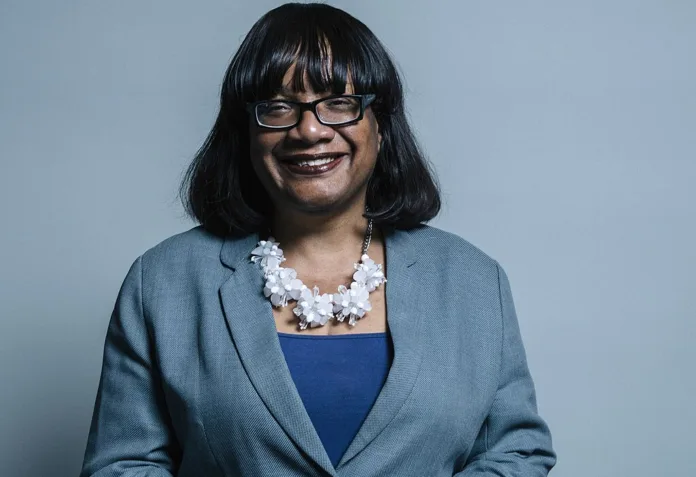Veteran MP Diane Abbott left unheard in parliament as the speaker overlooks her amid a debate on racial remarks by a Tory donor
Veteran Labour MP Diane Abbott found herself sidelined during a heated Prime Minister’s Questions (PMQs) session, despite standing up 46 times in an attempt to catch the Speaker’s attention. The discussion centred around alleged racist comments made by Tory donor Frank Hester about Abbott, with both Prime Minister Rishi Sunak and Opposition Leader Keir Starmer weighing in on the matter.
Embed from Getty ImagesA Missed Opportunity for Addressing Racism
The failure to call on Abbott, the UK’s longest-serving Black MP, during the debate has sparked criticism and raised questions about the Speaker’s decision-making. Diane Abbott, in her response, expressed her disbelief at not being given the floor, especially given the personal nature of the topic being discussed.
The Controversy Unfolds
The controversy began with allegations that Hester, a significant Conservative Party donor, made derogatory remarks about Abbott, suggesting that her appearance on TV made him “want to hate all Black women” and that she should be “shot.” These comments have ignited a firestorm, prompting calls for the Prime Minister to return the £10 million in donations received from Hester.
The Speaker’s Defense and Abbott’s Reaction
The Speaker’s office defended the decision not to call Abbott, citing time constraints and the need to alternate between MPs from different parties. However, Abbott remains unconvinced, highlighting the unusual nature of the oversight and the importance of addressing racism in the House of Commons.
The Political Fallout
The incident has not only brought the issue of racism to the forefront of political discourse but has also put the spotlight on the Conservative Party’s association with Hester. Abbott’s exclusion from the debate has been seen as a missed opportunity to directly address the allegations and the broader issue of racism within British politics.
As the controversy continues to unfold, the focus remains on the need for a more inclusive and responsive approach to tackling racism in all its forms, both within the political arena and beyond.
